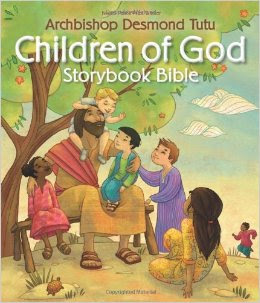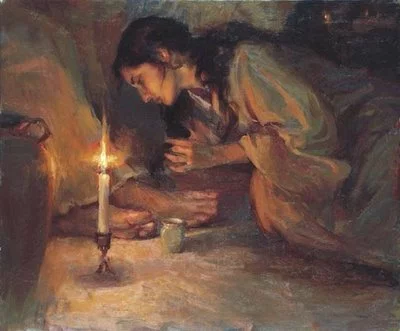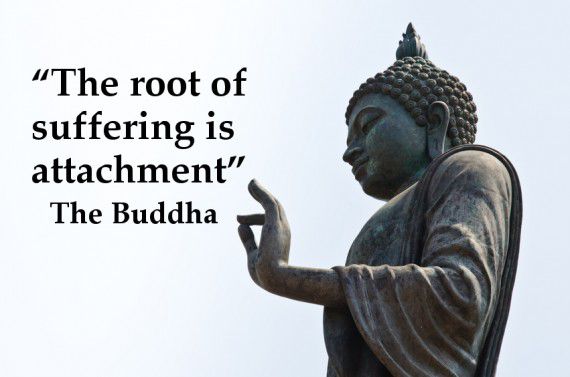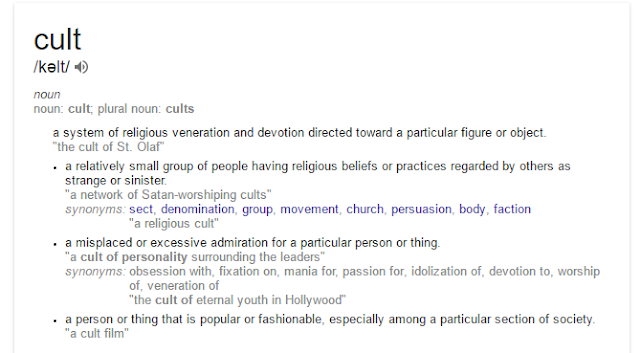Prophetic-Preacher vs. Poetic-Pastor

The minister, like the church, has various duties. But two duties rule absolutely supreme. These two supreme duties serve as the conduits through which all of the other ministerial duties flow. These two job supreme duties are 1.) preaching and 2.) pastoring. Preaching is based on the model of another P word, the Prophet. The Prophet literally means “God’s voice” or “God’s messenger.” The Prophet in the Hebrew Bible, aka the Old Testament, is a figure who having been given a message from God cannot help but to shout that message to the world around him or her. John the Baptist is also referred to as a Prophet who prepares the way for Jesus. The Prophet is basically God’s megaphone through which God tells the truth to the masses. The Preacher is basically the Protestant equivalent of a modern-day prophet. In fact, the traditional, Evangelical teaching I grew up with claims that the need for the Prophet ended with the completion of the Bible, God's "final word....





